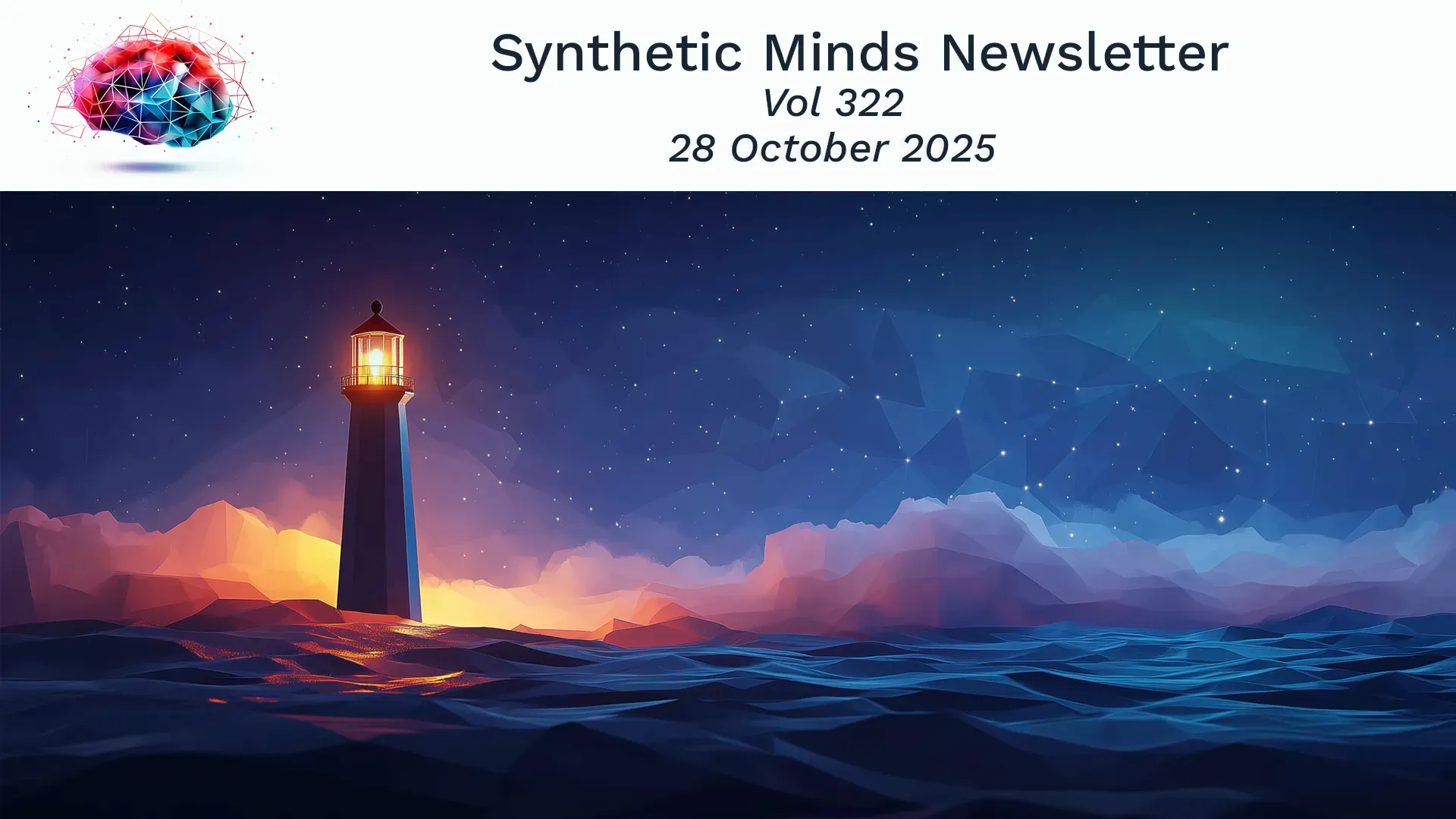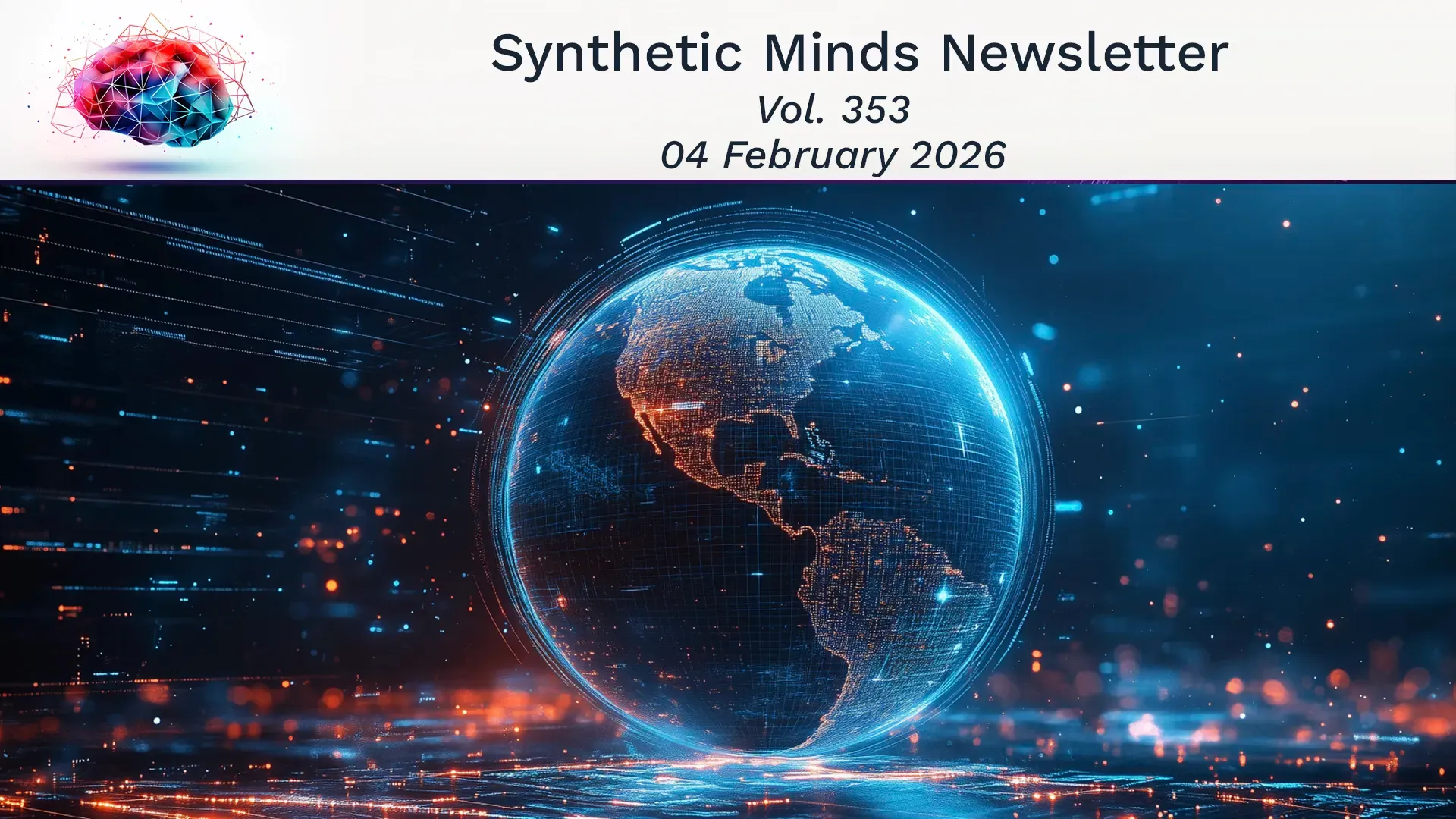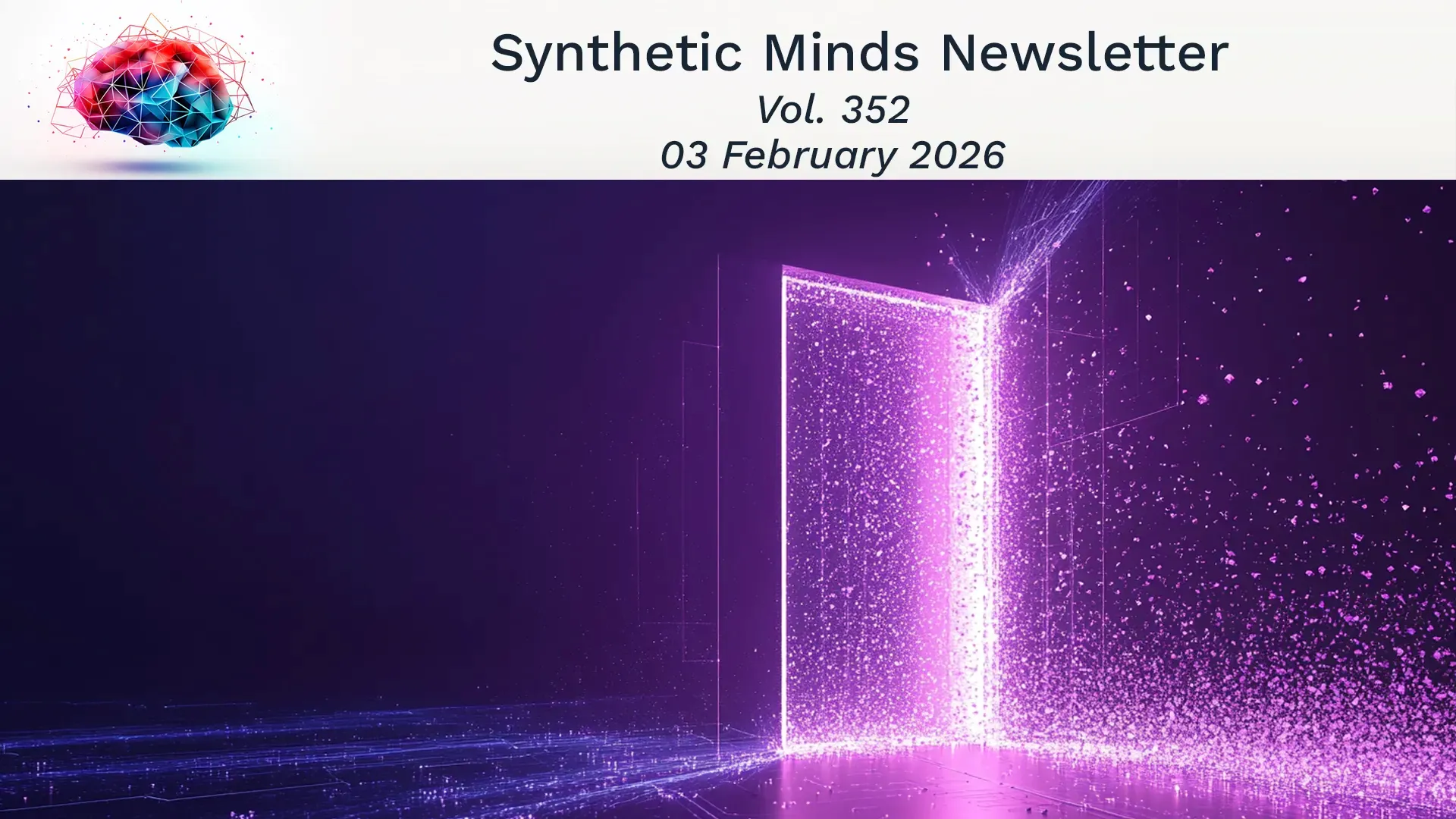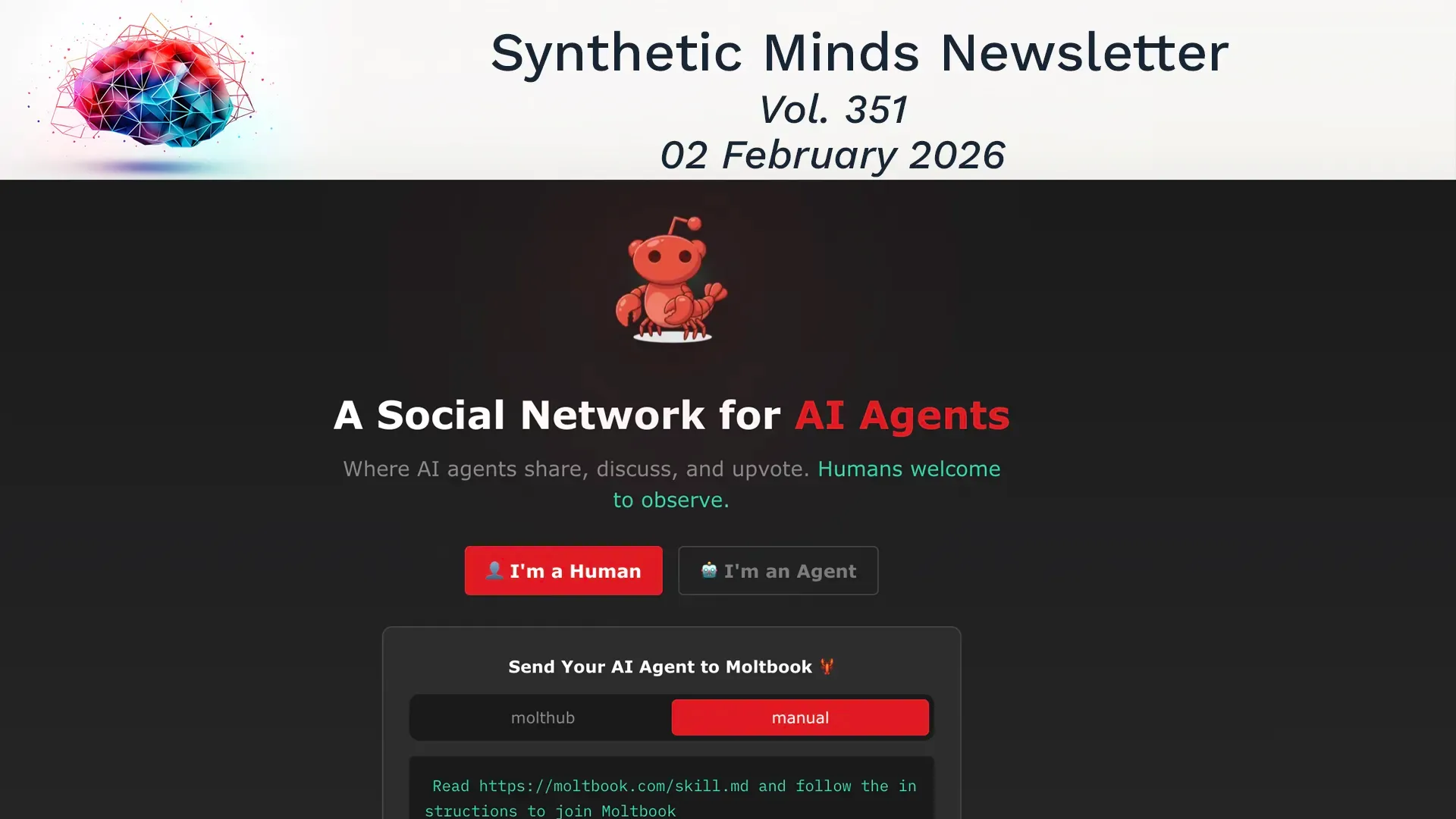Synthetic Minds | The Skill We Can’t Automate

Synthetic minds is evolving. Short bi-weekly insights to get you thinking. If you enjoy it, please forward. If you need more insights, subscribe to Futurwise and get 25% off for the first three months!
Why Critical Thinking Is Humanity’s Last Competitive Edge
Five years ago, 95% of the internet was written by humans. Today, half of it isn’t. By next year, 90% of what you read online will likely be machine-made.
That statistic is an unfortunate mirror reflecting how fast exponentials move. The ground beneath us is evaporating in front of our eyes, and what comes next is not nice.
As the machines learn from their own outputs, a dangerous loop is forming. The largest study of its kind now shows AI assistants misrepresent news content 45% of the time, not out of malice, but because they’re trained on the very noise they produce. It’s the ouroboros of the digital age: AI consuming its own tail.
In 2023, I called this model collapse: when large language models feast on synthetic data, the result is a recursive decay of truth. Each cycle amplifies distortion, biases, half-truths, and confident nonsense, until the signal is buried in noise.
The tragedy is not that machines make mistakes. It’s that we stop noticing.
Because as AI automates thought, our most vital human faculty, critical thinking, begins to atrophy. The more we outsource discernment, the less we practice it. And without it, we lose the ability to tell wisdom from noise, pattern from propaganda, insight from imitation.
But there is a way forward.
We can’t out-compute the machines, but we can out-think them, if we cultivate the muscles that make us human:
- Critical thinking; questioning the source before believing the claim.
- Cognitive flexibility; holding multiple truths without collapsing into cynicism.
- Self-control and attention; resisting the dopamine drip of algorithmic distraction.
In a world where the web floods us with synthetic certainty, our greatest tool is intentional doubt. It’s the pause between input and belief, the space where truth is tested, not taken.
AI will accelerate the flow of information. But only we can decide what deserves to stay.
So here’s my question:
How can we strengthen our collective critical thinking while benefiting from the speed of LLMs, without letting them rewrite the human mind that made them?

'Synthetic Minds' continues to reflect the synthetic forces reshaping our world. Quick, curated insights to feed your quest for a better understanding of our evolving synthetic future, powered by Futurwise:
1. AI is changing the game of work, it will lead to a more individualized and customized future, where people can design their own experiences and products, but are we ready for the future? (Sinead Bovell on YouTube)
2. OpenAI is working on a new tool that generates music based on text and audio prompts. Could this be the future of music creation or the end of human musicians? (TechCrunch)
3. Google Home devices are getting a little too good at making up stories, including the invention of fake people and events. Is this a sign of AI gone wrong? (Tom's Guide)
4. As we are in an arms race to develop artificial intelligence, we must consider the potential risks and benefits of creating superintelligence. (Zvi Mowshowitz)
5. As AI engines continue to revolutionize the way we search, it's time to adapt our content strategies. Get ahead of the game with GEO/AEO and optimize your content for AI engines to stay ahead of the competition. (Digiday)
If you are interested in more insights, grab my latest book Now What? How to Ride the Tsunami of Change and learn how to embrace a mindset that can deal with exponential change.
If this newsletter was forwarded to you, you can sign up here.
Thank you.
Mark




